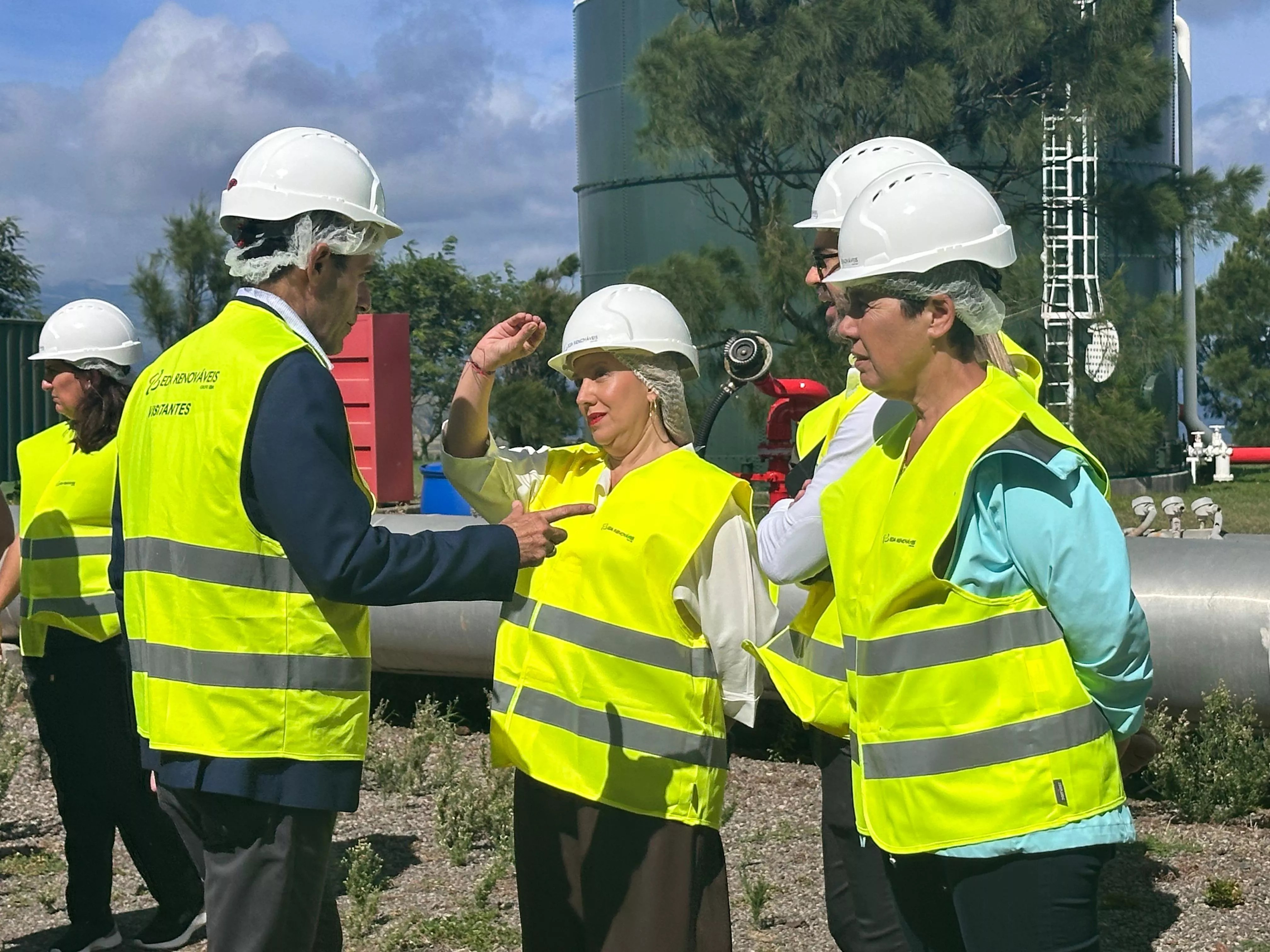
The Santa Cruz de Tenerife City Council announced on Saturday that 89 individuals received assistance at the City Carnival Hospital during the initial night of the festivities. It outlined that 89% of these cases were related to excessive alcohol intake, with one incident involving aggression.
Among those assisted, 77 were adults and 12 were minors; broken down by gender, there were 47 males and 42 females.
The majority of those aided were focused on individuals experiencing alcohol poisoning, representing 69% of the total treated.
The City Council reminds that within the preventive and health services, there is a resource for minors managed by the Spanish Red Cross, which collaborates closely with the Local Police Unit dedicated to the Minor Prosecutor’s Office.
This police unit documented and analysed the details regarding ten minors, eight of whom were male; all young individuals in this group were treated for alcohol poisoning.
Rain and slippery surfaces appeared to contribute to numerous falls, which necessitated the presence of health personnel; additionally, there were 13 trauma cases due to various reasons.
An incident of aggression was recorded, along with 10 cases of common illnesses unrelated to the carnival, and health resources referred two individuals to medical centres for diagnostic testing or more specialised care.
The Municipal Corporation states that the announcing parade proceeded without incident and noted in a statement that the rainfall was a significant factor at the beginning of the night dances, which may have deterred some attendees from certain popular carnival hotspots.
Furthermore, the overlapping of the first two carnival events posed challenges; on one hand, the announcing parade launching this edition, and on the other, the night dances taking place at various locations around the quadrilateral, compelled the service staff to increase their efforts.
At the violet point adjacent to Plaza de España, five individuals were assisted, who sought information, with no incidents of sexual assault, gender-based violence or machismo reported; at the other station, operating within the Carnival Hospital, awareness activities were undertaken among the intervening staff.
Concerning the operation of the rainbow point, specialised personnel providing information and advice on potential situations of LGBTIAFOBIA received reports on such cases; the remaining actions focused on detailing the operation of this resource that was launched during this carnival and providing information on sexual matters.
















